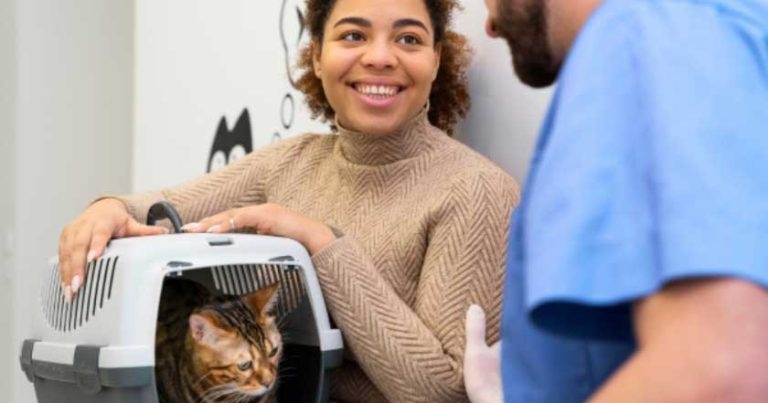4 Dec 2024
“Fundamentals” course has been developed under the college’s Mind Matters Initiative to explore ways to create civil workplaces using research spearheaded by University of Aberdeen.

A new course championing the importance of civility in shaping positive, respectful and supportive workplaces has been launched by the RCVS, underpinned by University of Aberdeen research.
The “Civility fundamentals” course, under the RCVS Mind Matters Initiative (MMI) umbrella, will explore creating a civil workplace where respect and clear and active communication are essential.
The course builds on a guide created by Amy Irwin, senior lecturer in psychology at the university, to provide veterinary staff with information and support on managing rudeness from clients and colleagues.
Dr Irwin and her team’s research found client and co-worker rudeness could have negative and long-lasting effects for veterinary staff that can reduce job satisfaction and well-being, and increase risk of burnout and intention to quit – or even exit the profession completely.
From the RCVS’ point of view, it is emphasising that incivility not only affects mental well-being, but can potentially jeopardise patient safety.
The “Civility fundamentals” course aims to provide insights and practical tools to help vets, VNs, students and entire veterinary teams to build a culture of respect and understanding. It will feature specific content for leaders and managers.
MMI lead Rapinder Newton said: “We know from research that incivility may lead to errors and compromise patient safety. We also know that experiencing incivility impacts mental health and is associated with decreased job satisfaction.
“This course has been designed to help tackle incivility and give the veterinary community the skills, knowledge and confidence to not only tackle incivility, but also create positive and civil workplace cultures.
“We’d like to extend our gratitude to Amy Irwin, the University of Aberdeen and the contributors to the Keeping it Civil Guide, who have allowed us to build on their work and spread awareness of this very important topic.”
Dr Irwin added: “I am thrilled to see the content from our guide, which was a collaboration between academics and veterinary professionals, being applied in such a fantastic course.”